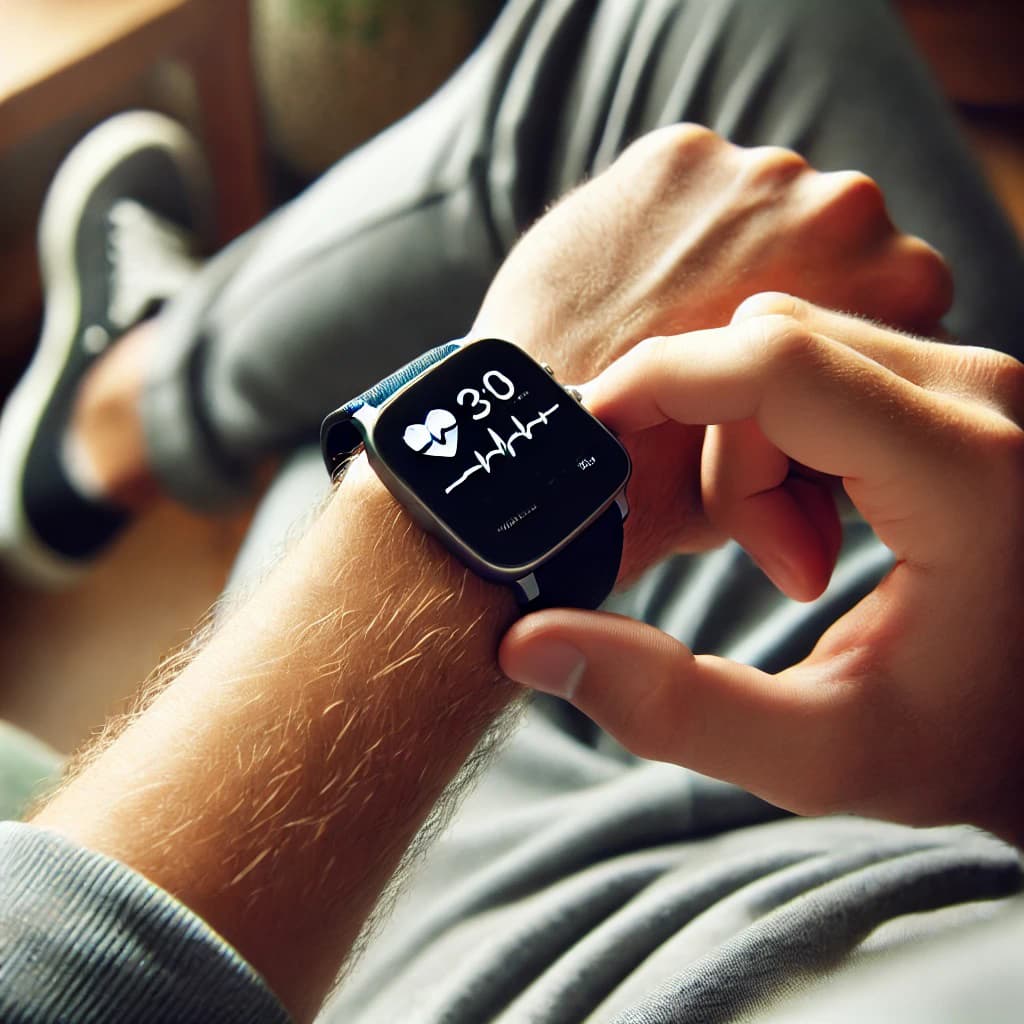Smart health gadgets have become a part of daily life for millions of people. From smartwatches that track heart rate and sleep to apps that monitor stress and fertility, technology now offers more data about our bodies than ever before. But do these gadgets actually improve well-being, or are they just another trend? While they can provide useful insights, their real impact depends on how people use them. Some rely on health tech to make better lifestyle choices, while others get overwhelmed by constant data. This article explores how smart health gadgets influence physical and mental health, their potential risks, and whether they truly help people lead healthier lives.
How Smart Health Gadgets Are Changing Daily Habits
Many people use wearable health tech to track their steps, calories, sleep patterns, and even stress levels. Devices like Fitbit, Apple Watch, and Oura Ring collect and analyze personal health data, encouraging users to set goals and monitor progress. This can lead to positive changes, such as exercising more, improving sleep habits, or recognizing unhealthy patterns.
For example, sleep trackers provide detailed reports on sleep cycles, helping people understand how rest affects their daily performance. Some users find these insights helpful and adjust their bedtime routines to feel more refreshed. Others, however, experience anxiety when their sleep scores are low, leading to stress instead of improvement. Research suggests that while health gadgets can motivate better habits, their effectiveness depends on whether users focus on meaningful changes rather than just the numbers.
The Science Behind Health Tracking – Useful or Just Data Overload
Smart health gadgets generate a massive amount of data, but not all of it is useful. Heart rate variability (HRV), oxygen saturation levels, and step counts can provide valuable insights, yet many users don’t fully understand what these numbers mean. Without proper context, people might misinterpret their data and worry unnecessarily about normal fluctuations.
A major concern is how accurate these gadgets are. Studies show that while they can provide reasonably reliable information, they are not as precise as medical-grade devices. For example, wearable heart rate monitors are generally accurate during rest but may struggle to track heart rates correctly during intense exercise. Similarly, calorie burn estimates often vary between devices, making them unreliable for precise health planning.
Despite these limitations, smart health technology continues to evolve. Some devices now use artificial intelligence to analyze patterns and offer personalized recommendations. However, experts warn that these recommendations should not replace professional medical advice. If a health gadget provides concerning results, consulting a doctor remains the safest approach. More information on how health metrics like HRV are used in medical research can be found on this site.
Health Gadgets and Mental Well-Being – A Double-Edged Sword
Beyond physical health, smart health gadgets also claim to support mental well-being. Many devices now track stress levels, mindfulness activities, and breathing patterns. Some smartwatches even prompt users to take deep breaths or practice guided meditation when stress levels rise.
For some people, these features provide a helpful reminder to slow down and focus on relaxation. Others, however, become obsessed with tracking their stress levels, leading to more anxiety rather than less. This phenomenon, sometimes called “health tracking fatigue,” occurs when people feel pressured to constantly improve their metrics instead of listening to their bodies.
Moreover, privacy concerns add another layer of stress. Many users worry about who has access to their health data and how it might be used. While most major tech companies have data protection policies, the risk of breaches and misuse remains a concern. Understanding how companies handle personal health data is essential before fully relying on wearable technology for well-being.
Can Smart Health Gadgets Help With Life Planning

For those trying to manage long-term health goals, smart health gadgets can play a role in major life decisions. One growing area is fertility tracking. Many couples now use apps and wearable devices to monitor ovulation cycles and hormone levels, sometimes even replacing traditional fertility consultations with digital solutions.
While these tools can be helpful, experts caution against relying solely on technology when planning a family. Medical professionals provide insights and testing that gadgets cannot replace. To learn more about professional fertility care and how it compares to at-home tracking, read here.
Beyond fertility, smart health gadgets also help people manage conditions like diabetes, high blood pressure, and chronic pain. Continuous glucose monitors, for example, allow diabetics to track blood sugar levels in real-time, reducing the need for frequent manual testing. For some, this level of convenience improves daily life significantly.
Conclusion
Smart health gadgets offer both benefits and challenges. They can encourage healthier habits, provide valuable insights, and even assist with long-term health planning. However, their effectiveness depends on how they are used. Over-reliance on health data, privacy concerns, and potential inaccuracies highlight the need for balance. These devices should be seen as tools for self-improvement rather than strict measures of health. In the end, real well-being comes from making informed choices based on both technology and professional medical advice.